2009-2014 Climate Action Plan (CAP)
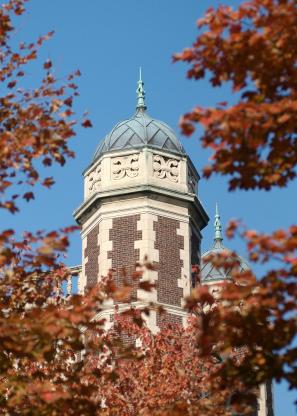
Penn's Climate Action Plan with information on actions to achieve the University's goals for 2009 to 2014.

Penn's Climate Action Plan with information on actions to achieve the University's goals for 2009 to 2014.
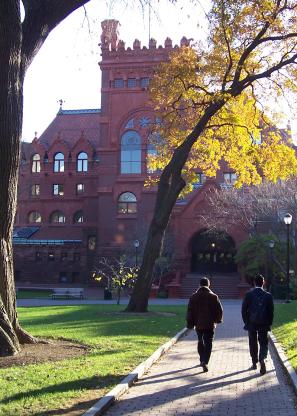
Progress on Penn's Climate Action Plan strategies for 2011.
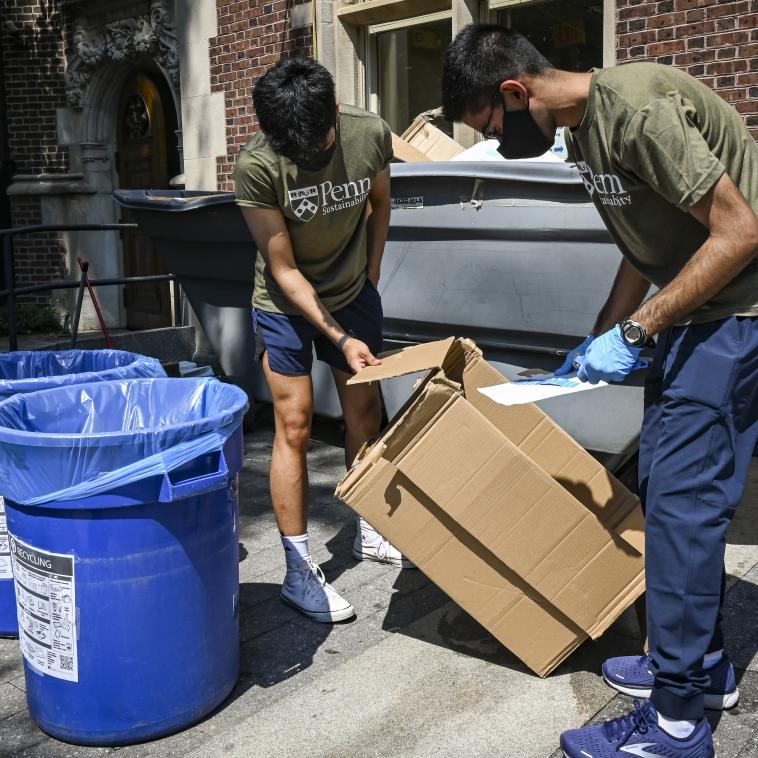
At Penn, we like to recycle, reuse, and repeat. Single-stream recycling is the Penn standard, with specialty recycling programs positioned across campus. Our recycling and waste initiatives focus on holistic minimization and diversion.
Penn’s 2009 Climate Action Plan paved the way for significant waste diversion progress. Today, innovative and effective solutions continue to come from Penn’s Environmental Sustainability Advisory Committee’s (ESAC) Waste and Recycling Subcommittee.
We believe that every individual plays a crucial role in reducing our environmental footprint, and recycling is a fundamental part of this effort. By understanding what can be recycled and how to do it properly, we can collectively contribute to a cleaner, more sustainable future. Learn the types of materials that can be recycled on our campus, as well as the locations of specialty recycling and tips for effective recycling practices.
Penn also implements recycling programs like Green2Go and PennMoves, helping limit disposable items headed to the landfill. Regular waste and recycling audits continue to identify trends and find new ways to ensure a clean future.
The Green Office Certification recognizes the efforts of staff and faculty to green their daily activities by offering four levels of certification.
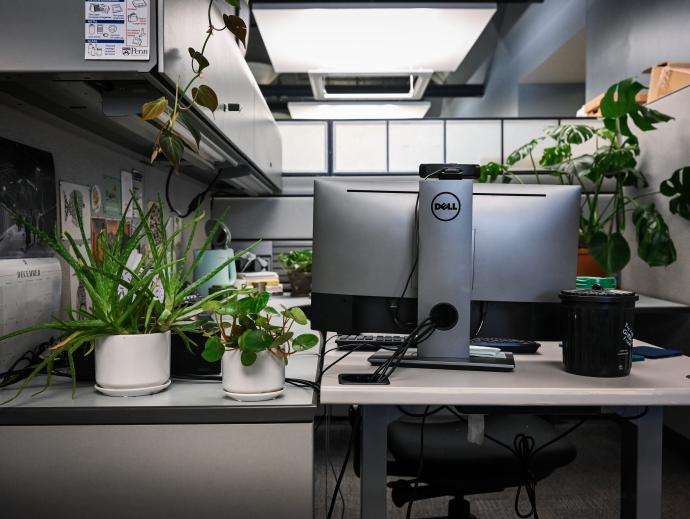
Offices represent a significant portion of Penn’s energy and material use and waste production. The Penn Sustainability Office recognizes the efforts of staff and faculty to green their daily activities by offering four levels of Green Office certification.
Certified offices report on existing activities, and implement new activities, across 7 categories: Waste, Purchasing, Energy, Water, Indoor Air Quality and Human Health, Transportation and Involvement. The more actions you implement, the higher certification level you can achieve.
Since inception of the program, 156 offices across Penn have been Green Office Certified.
Ultra-Low Temperature (ULT) freezers, also known as -70- and -80-degree freezers, use immense energy. The Ultra-Low Temperature Freezer Program, established in 2015, aims to reduce the number of inefficient, under-utilized and abandoned freezers and to incentivize the purchase of highly efficient ULT freezers. Funded by the Energy Reduction Fund (ERF) in Facilities & Real Estate Services (FRES), this program provides incentives through a rebate for freezer recycling and purchasing new, highly efficient freezers. Applicants can also qualify for freezer recycling and new freezer purchasing with the replacement rebate. The Ultra-Low Temperature Freezer Program has provided more than 300 rebates.
This program is only applicable to ULT freezers; ordinary refrigerators and freezers are not eligible for this program. Eligible freezers must be installed in/recycled from university-owned and/or operated properties. UPHS and university satellite locations are not eligible for this program. Rebates only apply to freezers with an efficiency within the program's specified range. Energy efficiency is based on the ENERGY STAR ULT Freezers Test Method. The graduated rebate amounts are based on energy efficiency and ERF criterion, each School and/or Center must fund at least 20% of the efficiency measure.
| Rebate Type | Efficiency Level | Tier | Rate |
|---|---|---|---|
| Freezer Recycling | -- | -- | $500 |
| Freezer Replacement | 0.26-0.31 kWh/day/cu-ft
< 0.25 kWh/day/cu-ft | Tier 1
Tier 2 | $2,500
$3,000 |
| New Freezer Purchase | .26-0.31 kWh/day/cu-ft
< 0.25 kWh/day/cu-ft | Tier 1
Tier 2 | $1,000
$2,500 |
Rebates are subject to change based on current energy efficiencies available on the market and will be assessed based on date of application submission, not of freezer purchase. Rebate applications must be submitted within one year of freezer purchase.
Ultra-Low Temperature (ULT) freezers, also known as -70- and -80-degree freezers, use an immense amount of energy. The Ultra-Low Temperature Freezer Program is a financial rebate program established to reduce the number of inefficient, under-utilized, and abandoned freezers and to incentivize the purchasing of highly efficient ULT freezers.
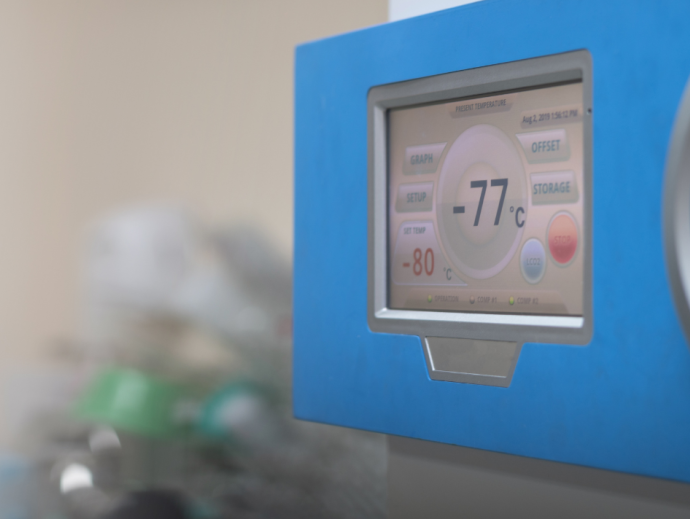
To reduce the number of inefficient, under-utilized, and abandoned freezers and to incentivize the purchasing of highly efficient ULT freezers.
Learn how to reduce campus waste and divert materials from landfills using bin pairing standards for Penn’s buildings.